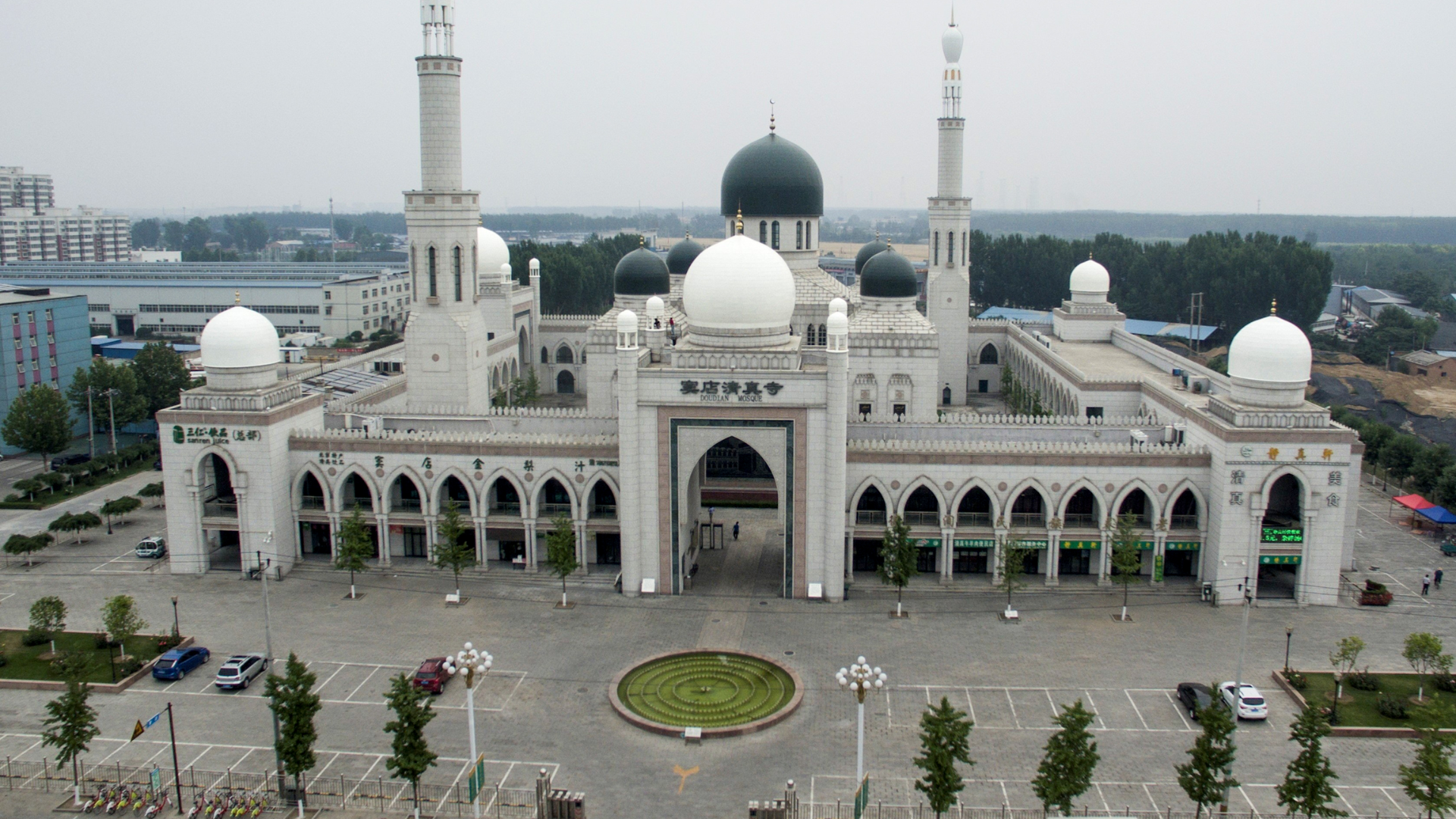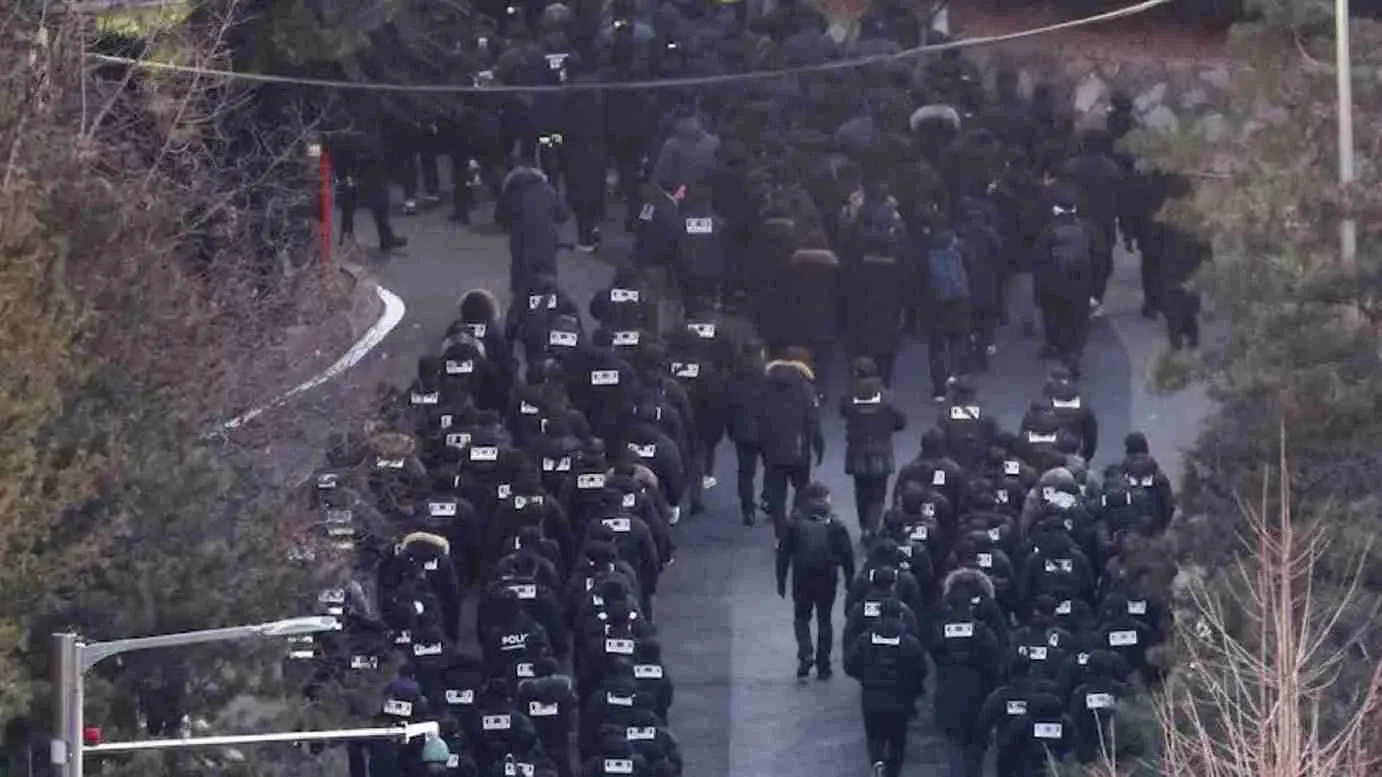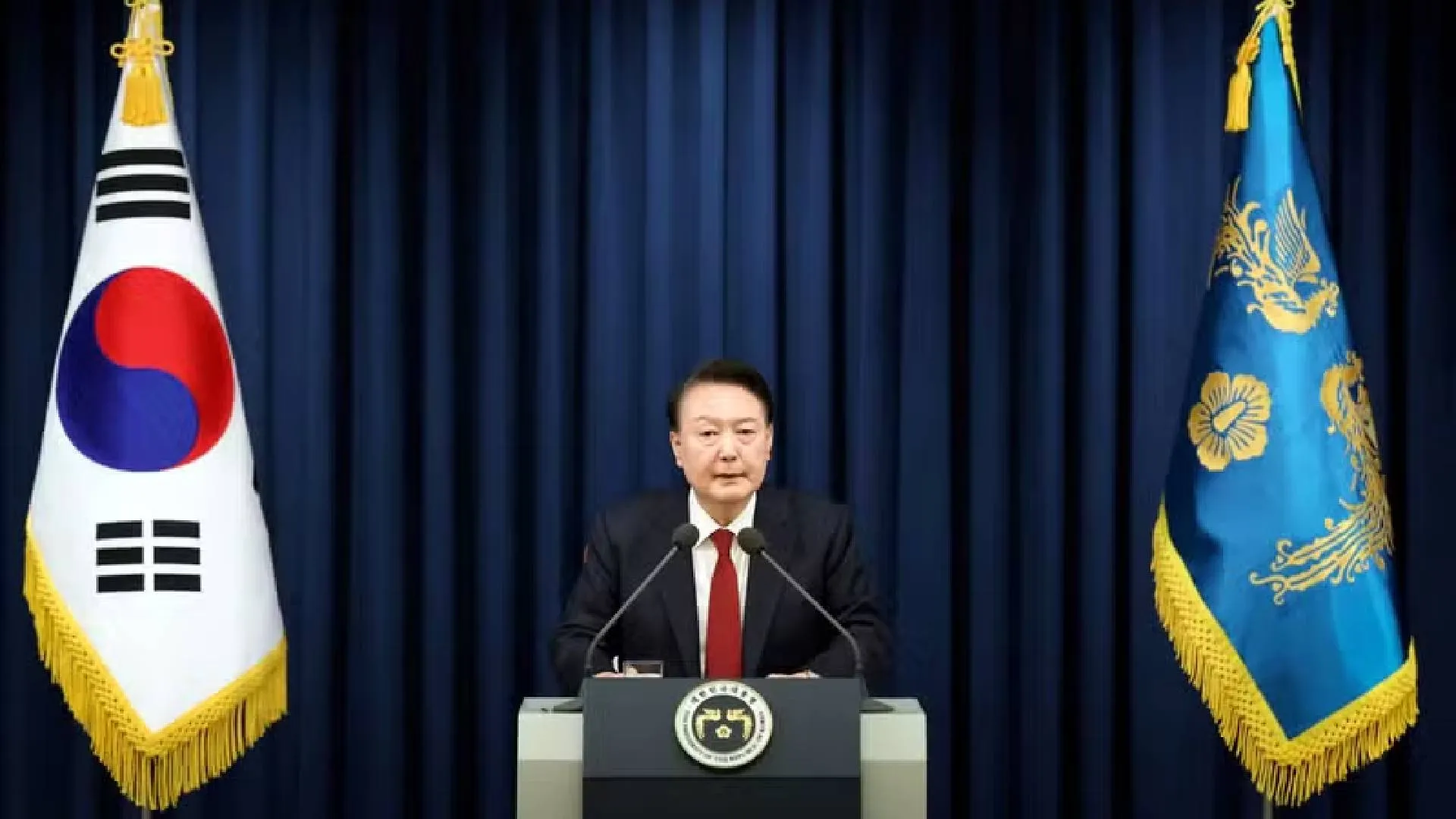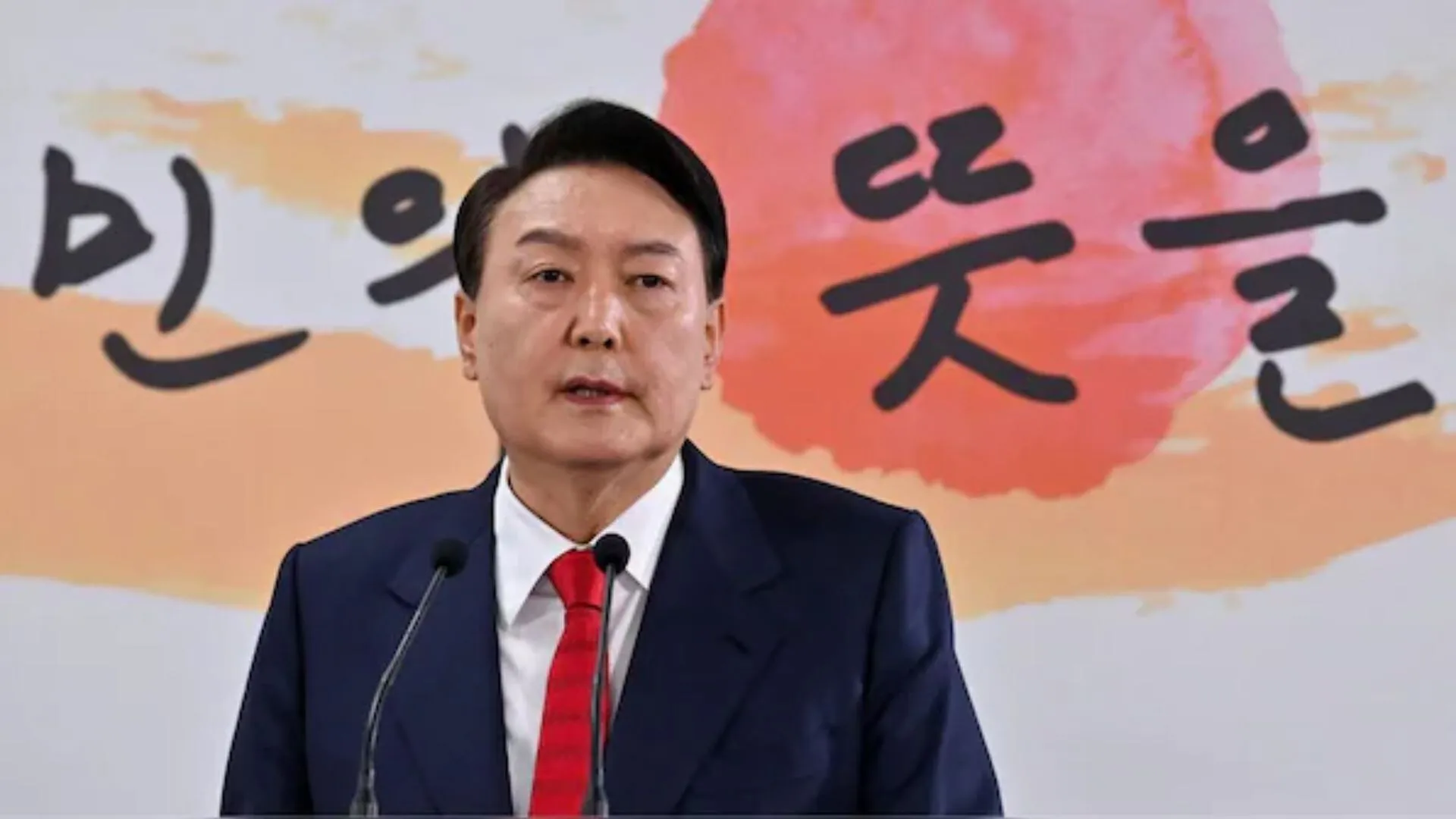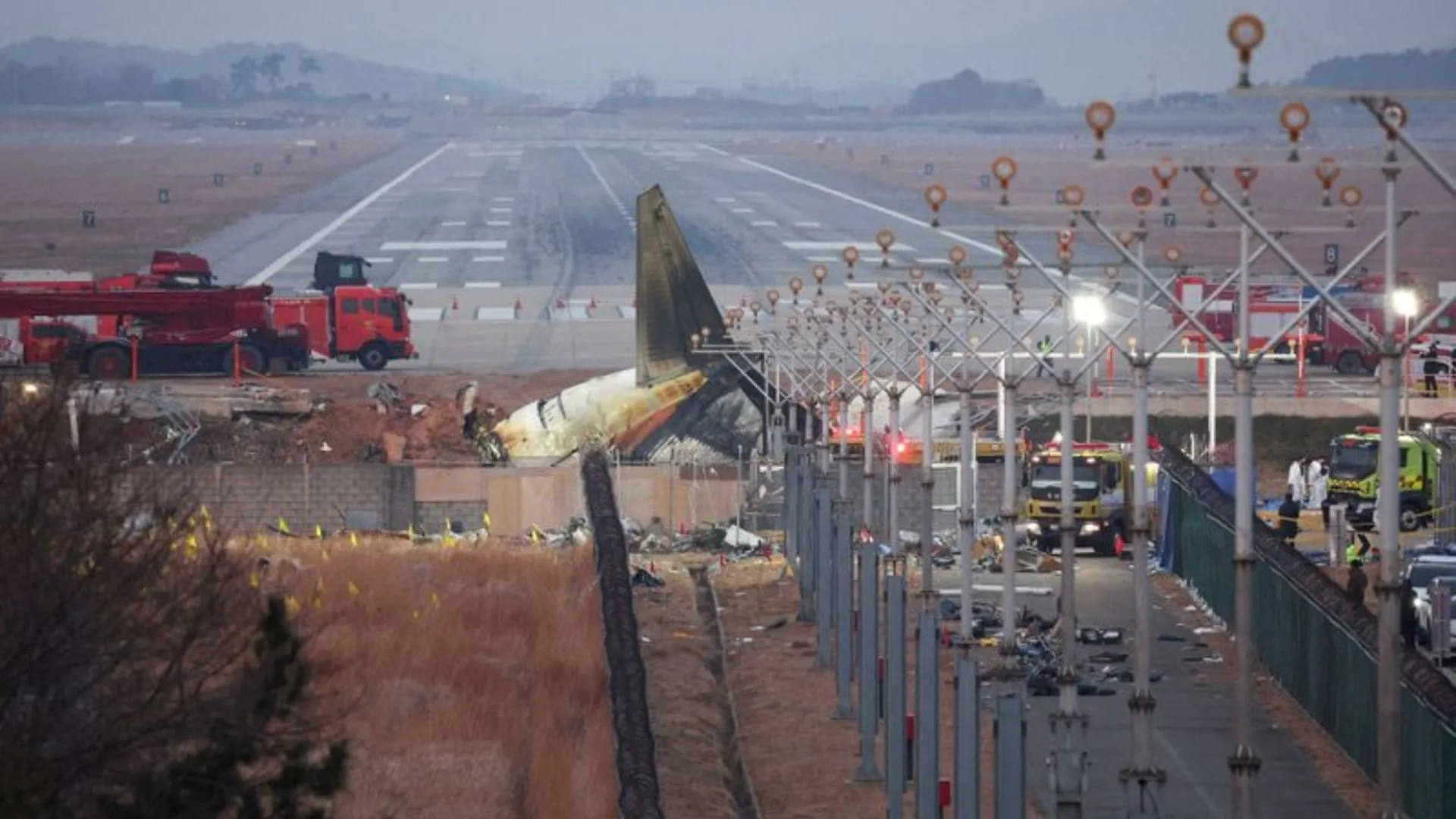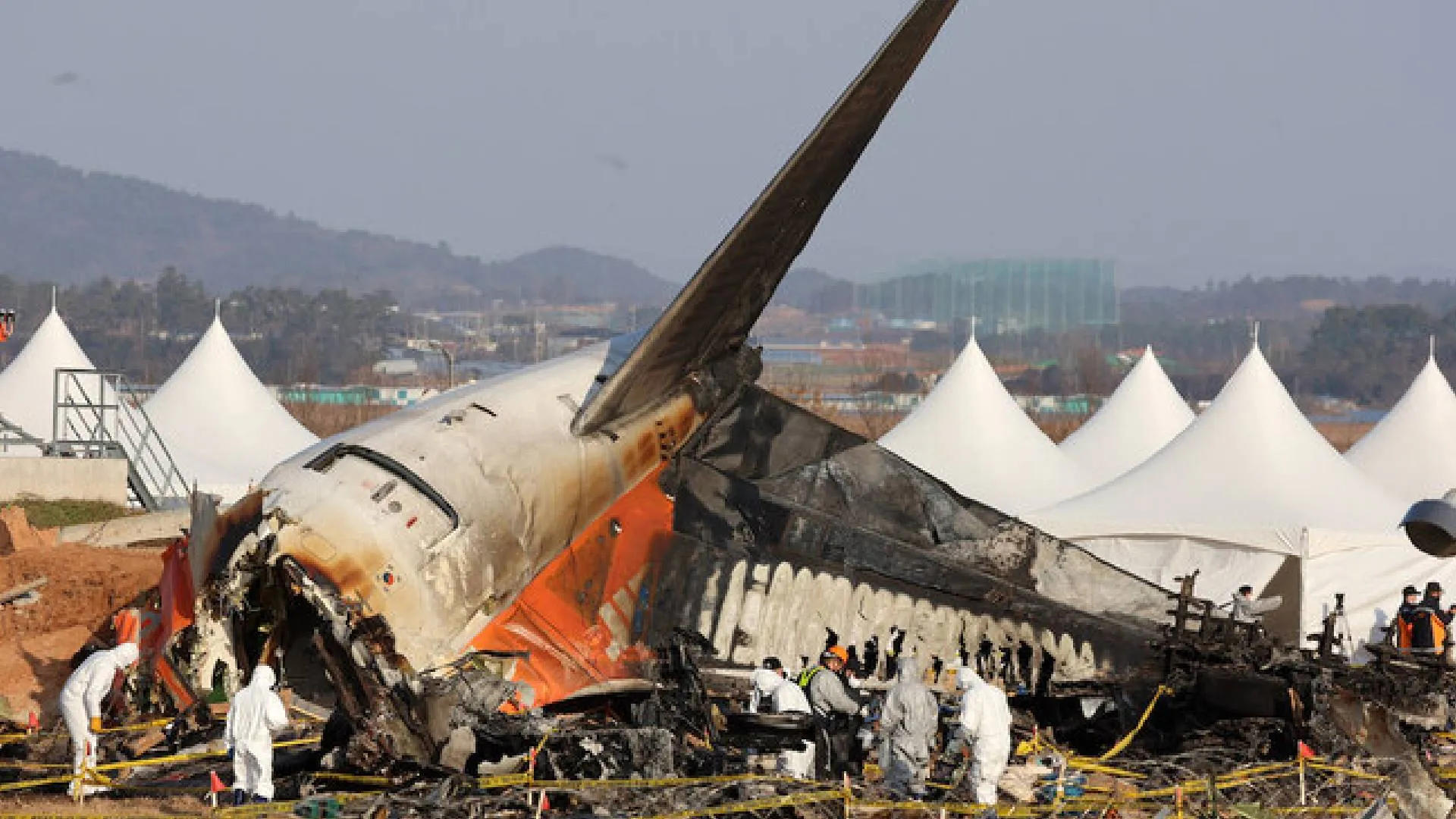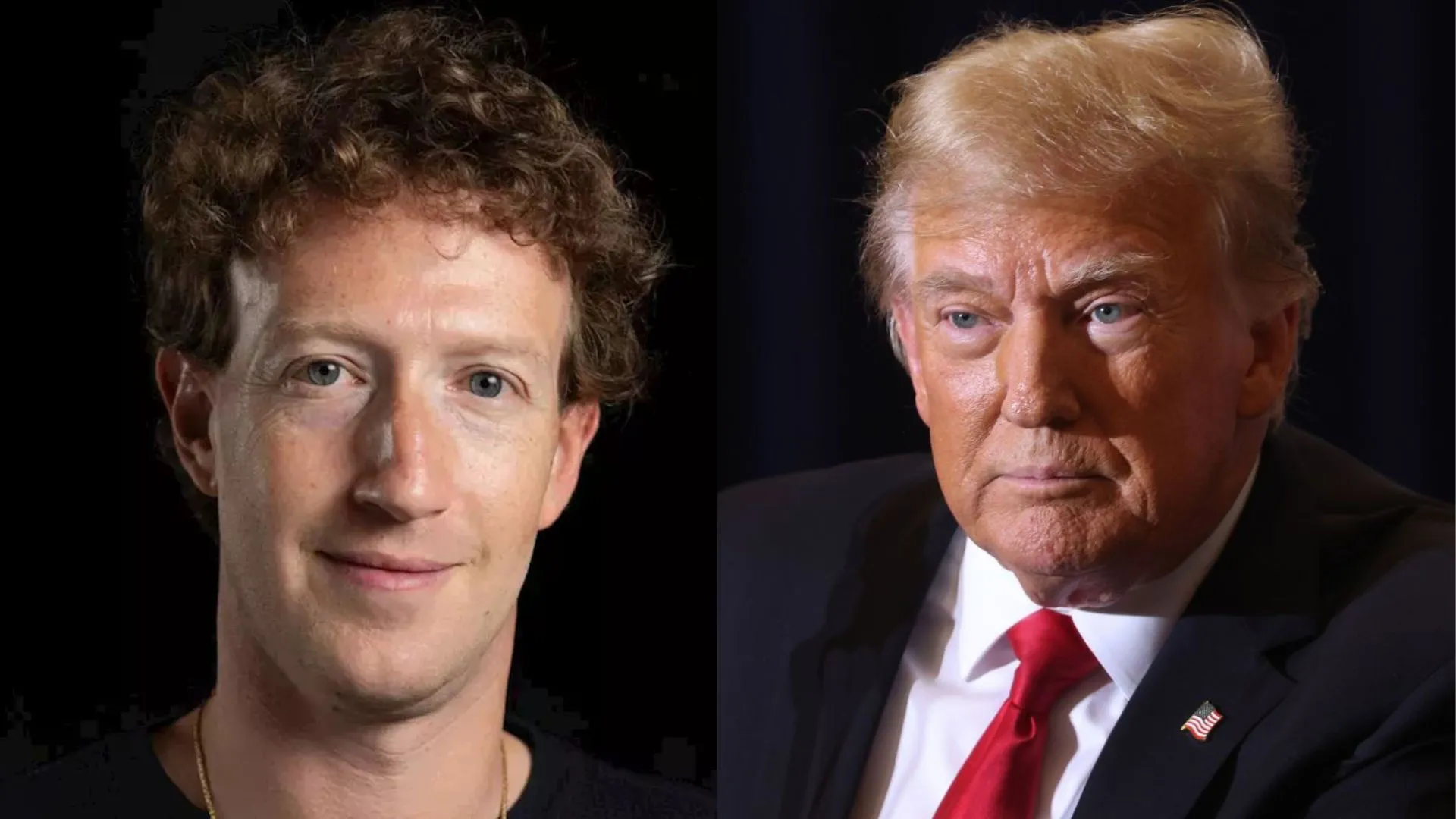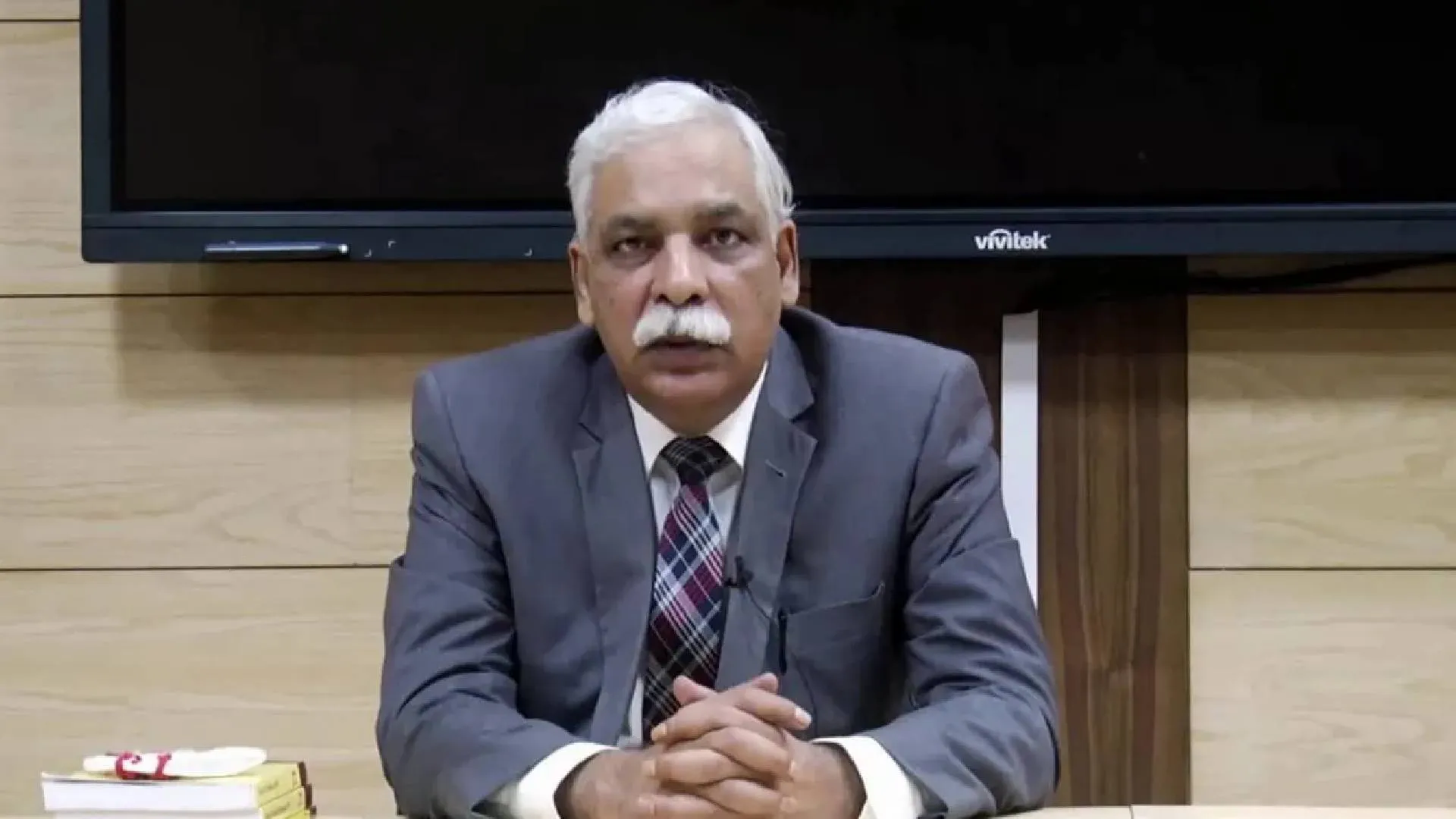The Chinese government’s aggressive campaign against the Islamic faith, particularly targeting the Uyghur Muslims in Xinjiang, has attracted significant international scrutiny and condemnation. Allegations of human rights abuses and cultural genocide have been at the forefront of these criticisms.
In a recent investigation, UK’s Sky News highlighted China’s tightening grip over Islamic practices within its borders. The report emphasizes the increasing restrictions and surveillance faced by Muslims, especially in areas with significant Islamic populations.
One striking scene from the report takes place in a cold, dusty part of central China, where a local Muslim leader stands alone in a mosque courtyard. “Religion is dying,” he laments, reflecting on the severe limitations imposed by the Chinese government on religious activities.
The report details the intensified efforts by Chinese authorities to monitor and restrict Islamic practices. This includes demolishing mosques, banning religious attire, and censoring Islamic texts. These actions are part of a broader campaign to align religious practices with the state’s ideology and prevent potential dissent.
Decline of Religious Freedom
The Chinese authorities have implemented several measures to suppress the practice of Islam:
Demolition of Mosques: Numerous mosques have been demolished, especially those that do not meet the government’s architectural standards or are deemed too conspicuous.
Banning Religious Attire: Traditional Islamic clothing, such as headscarves and long beards, has been banned in certain regions to assimilate Muslims into the broader Han Chinese culture.
Censoring Islamic Texts: Islamic texts have been censored, with content perceived as promoting extremism or dissent being removed. This includes altering the Quran and other religious literature to fit the state’s narrative.
Surveillance and Repression
The report underscores the extensive surveillance network monitoring Muslims in Xinjiang. High-tech surveillance systems, including facial recognition cameras, are widespread in this region, home to a large Uyghur Muslim population. These systems track individuals’ movements and behaviors to ensure strict adherence to government regulations.
Impact on Daily Life
The restrictions have infiltrated all aspects of daily life for Muslims in China. Religious education for children has been heavily regulated, with many religious schools being shut down. Additionally, community leaders and imams must attend government-run re-education programs to ensure they disseminate state-approved messages, according to the Sky News report.
The international community has expressed concern over China’s treatment of its Muslim population. Human rights organizations have condemned these actions, urging greater transparency and respect for religious freedoms. The Chinese government, however, insists that these measures are necessary to combat extremism and ensure national security.

